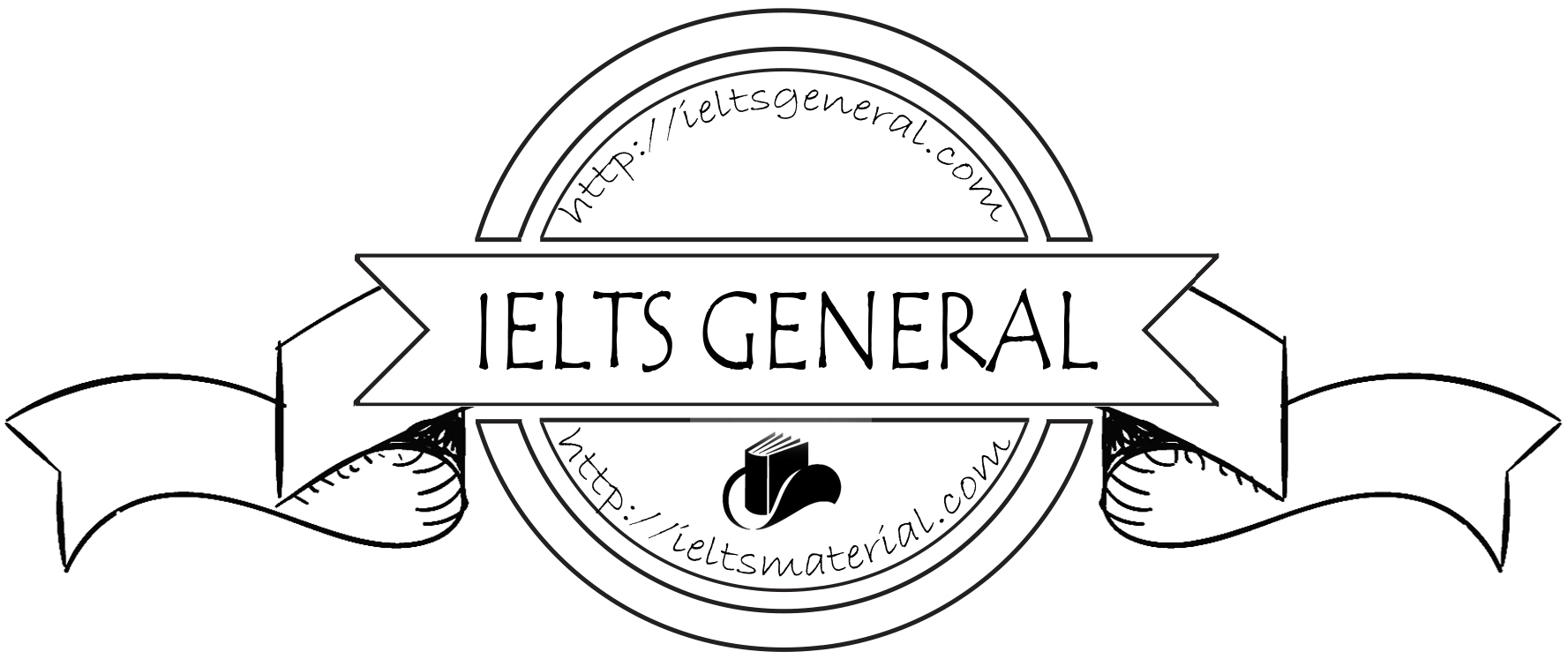Frequently Asked Questions about IELTS General Training
About IELTS
IELTS tests are held in over 120 countries around
the world and taken by around 1.5 million people each year. The test 6 recognised by universities, colleges, employers’ organisations and government bodies Candidates can choose to take either the Academic or General Training IELTS module depending on whether they wish to study, work or migrate abroad.
About GT Reading
Reading texts and questions
There are three sections in the IELTS (GT) Reading Paper and a total of 40 questions. The Reading sections become increasingly difficult Texts for Section 1, which has 14 questions, are taken from sources such as timetables, advertisements and notices Texts for Section 2. which has 13 questions, are taken more from work contexts and include office memos, workplace notices and various types of information for employees Texts for Section 3. which has 13 questions, are taken from sources such as magazines, newspapers and book extracts.
Answers
Answers are recorded on answer sheets. In most but not all tasks answers will be found in the same order as in the text All words in written answers must be spelt correctly
Timing
Candidates have 60 minutes for the GT Reading Paper and are not given extra time to transfer their answers onto the answer sheet.
Marks
Each question is worth one mark and the score out of 40 will be translated into the IELTS 9-band scale. Scores will be reported as a whole band or a half band i.e 5 / 5.5 / 6, etc. All words that candidates need to write to answer a question will be contained in the text. Candidates are advised, therefore, to take care when transferring their answers to the answer sheet as they will lose a mark for incorrect spelling and grammar
Task Types
The following are the basic task types possible in the GT Reading Paper:
- Multiple Choice
- Identifying Information
- Identifying writer’s views/claims
- Matching Information
- Matching Headings
- Matching Features
- Matching Sentence Endings
- Sentence Completion
- Summary. Note. Table, Flow-chart completion
- Diagram label completion
- Short-answer questions
About GT Writing
Paper format
IELTS (GT) Writing lasts a total of 60 minutes. The paper consists of 2 tasks (Writing Task 1 and Writing Task 2) and candidates must answer B0TH tasks.
Answers
Answer sheets will be provided and candidates should write their answers in pen or pencil on them.
Timing
Candidates have one hour to complete both tasks. They are advised to spend 20 minutes on Task 1 and 40 minutes on Task 2
Task 1
In Task 1, candidates are asked to write a letter which may need to be semi-formal or formal in tone in response to a given problem or situation. Candidates will be asked to include information relating to three bullet points in the question. Candidate answers should be at least 150 words in length for this task.
Task 2
In Task 2, candidates are asked to discuss a topic in response to a statement which presents a particular point of view, argument or issue. The task requires candidates to write a discursive piece
of writing in which the question will typically ask them to discuss factual information, discuss a problem and present solutions, evaluate ideas or justify opinions. Candidate answers for Task 2
should be at least 250 words in length.
Marking
In Writing Task 1 candidates are assessed on the following:
1. Task Achievement – how well candidates do what they are asked to do
2. Coherence and Cohesion – how well the information in the letter is organised
3. Lexical Resource – how appropriate the vocabulary is for the task
4. Grammatical Range and Accuracy – the variety and accuracy of grammar used
In Writing Task 2 candidates are assessed on the following:
- Task Response – how well they respond to the input
- Coherence and Cohesion – how well organised the discursive writing is
- Lexical Resource – how appropriate the vocabulary is for the task
- Grammatical Range and Accuracy – the variety and accuracy of grammar used
Each of the tasks is marked separately. Writing Task 2 is worth more marks than Writing Task 1, so it is important to leave plenty of time to complete Writing Task 2. Scores for Academic Writing are
reported in whole bands or half bands i.e. 4.5 / 5 / 5.5/6, etc. on the IELTS 9-band scale.
What topics are covered in IELTS?
A wide range of topics are covered and they are relevant and accessible to those wanting to study at university level. No specialist knowledge is required.
Is the Listening paper different for Academic and General Training?
No. All candidates take the same paper.
Are the questions in the same order as the information in the recording?
Yes. This is true for all question types in IELTS Listening.
Do answers in IELTS Listening have to be correctly spelled?
Yes. You will lose marks for incorrect spelling and grammar. However, words which you have to write will usually be common words. Both UK and US spellings are accepted. When you hear the name of a person, place, company, etc., in the recording, it may be spelled out.
Will I lose marks for spelling and grammar mistakes in my answers?
All the words you will need in order to answer the questions will be given in the text. Remember to transfer your answers to the answer sheet with care. You will lose marks for poor spelling and grammar.
Are there any free IELTS Genera Book available?
Yes, you can download here


